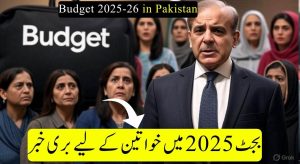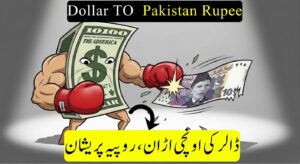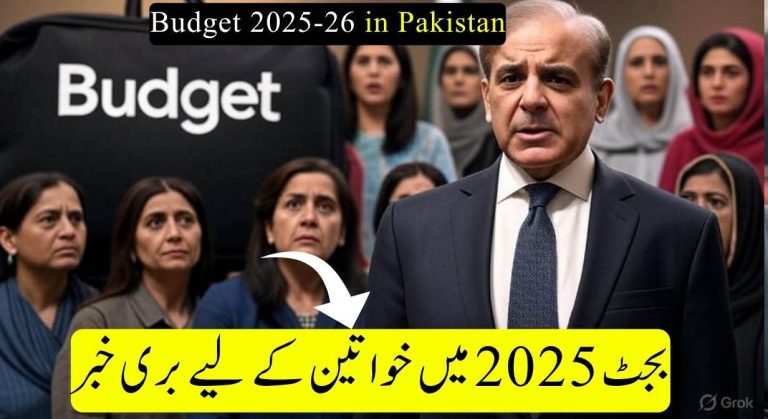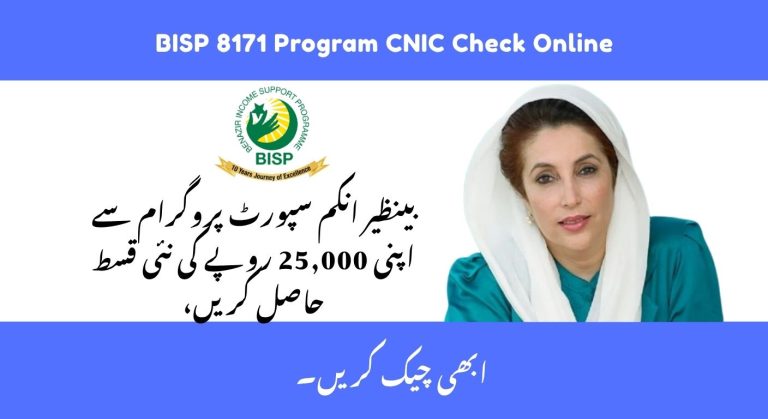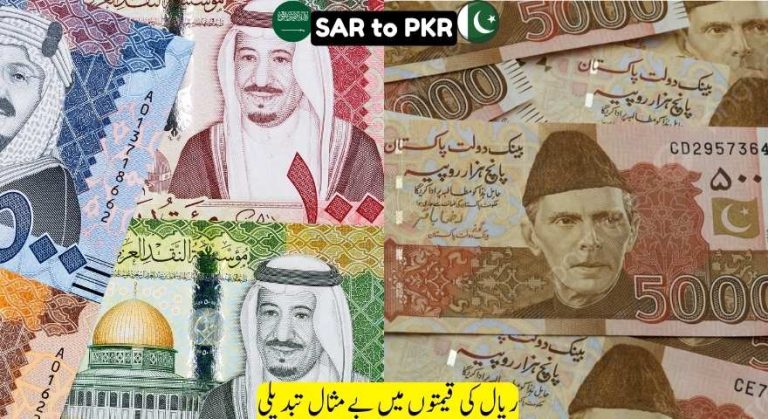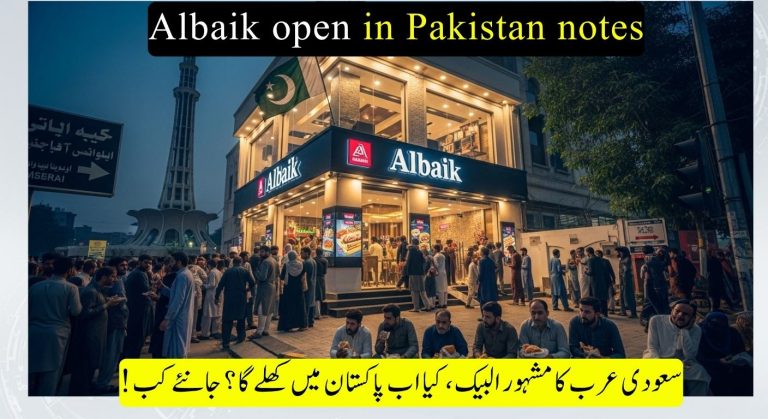Budget 2025–26: Petrol and Diesel Prices in Pakistan Likely to Increase Again
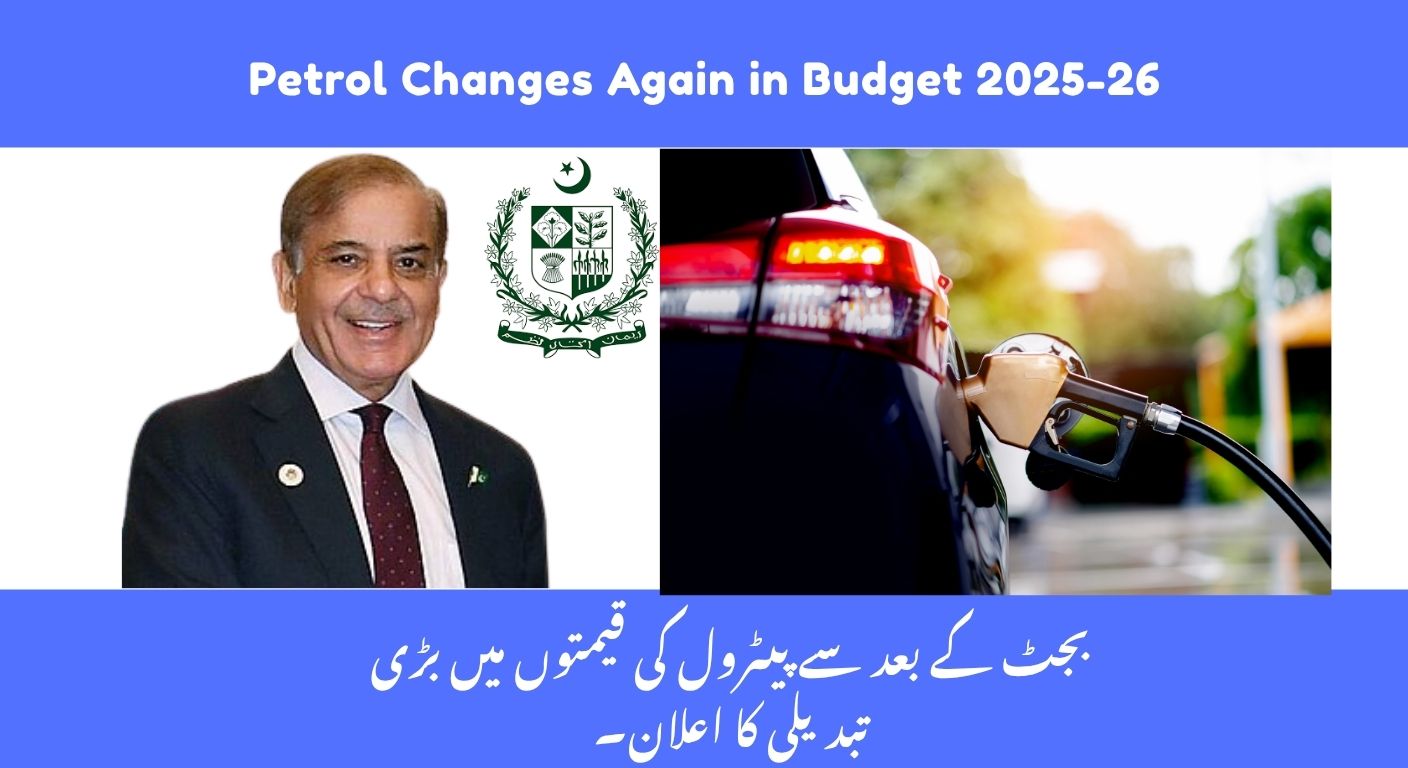
As the Government of Pakistan prepares to unveil the Federal Budget 2025–26, one of the most closely watched sectors is petroleum and fuel. Given the country’s economic challenges and commitments under international loan agreements, fuel prices are expected to rise further — a move that will impact every citizen, directly or indirectly.
Why Is a Fuel Price Hike Expected?
Several economic and policy-related factors suggest that petrol, diesel, and other petroleum products are likely to become more expensive after the budget announcement:
1. Increased Petroleum Levy (PL)
The government is under pressure from the International Monetary Fund (IMF) to enhance revenue collection. One of the most direct ways to do this is by:
- Raising the Petroleum Levy — a tax imposed on every liter of fuel.
- The target may increase from Rs. 60 per liter (current cap) to Rs. 80 or more, generating billions in additional revenue.
2. Rupee Depreciation
If the Pakistani rupee continues to weaken against the US dollar, the import cost of crude oil rises, leading to higher local prices for:
- Petrol (Motor Gasoline)
- High-Speed Diesel (HSD)
- Kerosene oil
- Light Diesel Oil (LDO)
3. Global Oil Market Fluctuations
International oil prices have remained unstable due to geopolitical tensions and supply disruptions. Even a $5–10 per barrel increase in global crude prices can significantly affect domestic fuel costs in Pakistan.
How Will This Impact Everyday Life?
A rise in petroleum prices affects far more than just vehicle owners. Here’s how:
- Transport fares will increase, affecting commuters across the country.
- Goods transportation becomes more expensive, leading to inflation in food and other essential items.
- Electricity prices may also rise if fuel costs for power generation go up.
- Industrial production costs increase, impacting businesses and job creation.
Who Will Be Affected the Most?
The impact of rising fuel prices is widespread but particularly harsh on:
- Daily wage workers and low-income families, as transport and food costs rise.
- Middle-class households, feel the pinch in monthly fuel, grocery, and utility bills.
- Farmers, due to higher costs for diesel-powered machinery and irrigation pumps.
Public Concerns & Criticism
- Public backlash is expected if fuel prices rise too sharply.
- Many citizens feel that fuel is an essential commodity, and excessive taxation on it is unfair.
- Economists warn that inflationary pressure will continue if fuel costs are not carefully managed.
Government’s Possible Justifications
While price hikes are unpopular, the government may argue:
- It is necessary to meet budgetary targets.
- The revenue will support subsidy programs for the poor (like BISP and Ehsaas).
- Global market trends are beyond domestic control.
Conclusion
The expected increase in petroleum prices in Budget 2025–26 is a reflection of Pakistan’s tight fiscal space and rising international obligations. While the move may strengthen the government’s revenue stream, it will likely add to the financial burden on the public, raising inflation and deepening economic distress — especially for the average Pakistani.

